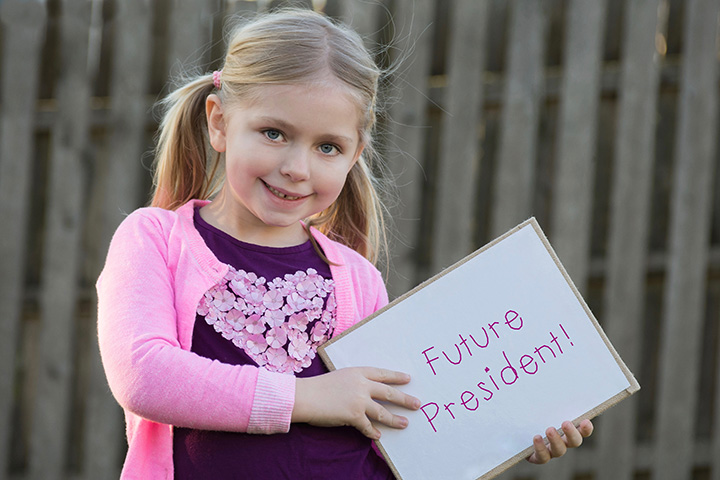Andre Perry, education researcher and founder of Davenport University’s College of Urban Education, believes “democracy is in deep trouble” and educators are the key to saving it.


Andre Perry, education researcher and founder of Davenport University’s College of Urban Education, believes “democracy is in deep trouble” and educators are the key to saving it.
“Educational leaders must take responsibility for instilling basic civic practices and virtues in their students immediately, or they may lose the option to autocrats who have other ideas on how to run a country,” Perry wrote in a recent editorial for The Hechinger Report, a nonprofit news site dedicated to inequality and innovation in education.
Perry pointed to Harvard lecturer Yascha Mounk, who said during an October gathering of political scientists that “if current trends continue for another 20 or 30 years, democracy will be toast.”
Those trends involve a push toward college and career readiness that seemingly ignores foundational skills students need to develop into good citizens with the ability to think critically, engage in democratic processes, and behave in a civic fashion.
Without foundational skills like social and emotional learning, citizenship education, and other strong character virtues, “the foundation on which education stands will crumble beneath it,” Perry wrote.
“An overemphasis on individual academic development and preparation for college and career has come at the expense of learning responsible leadership and learning for the benefit of social cohesion. To maximize our chances of getting a job or into college, we’ve separated learning into discrete components—academic, social, emotional—that when applied in narrow terms of college and career readiness defies how we actually live,” he continued.
Perry contends that the current individualistic, compartmentalized approach to education is working against the true purpose of education, which is to maximize individual talents for the good of democracy, citizenship, and social cohesion. There is a direct link between the education system and the fate of democracy, he wrote, and it boils down to how educators understand their role and their ability to instill foundational character virtues in students.
“People don’t live in schools or jobs; they live in communities. Schools and employers don’t transcend neighborhoods and cities; they are part of them. We can no more dissect and separate learning from our civic selves than we can disconnect individual talents from their public impact. The segregation of learning reflects that we educators have lost our purpose,” he wrote.
“Based on conventional measures, literacy is on the rise. But so are class inequality, incidents of hate as well as government attacks on basic civil liberties,” Perry argued. “We must primarily focus on our civic selves or our ‘solutions’ will continue to further divide us.”
“The Vanishing Center of American Democracy,” a 2016 report by the Institute of Advanced Studies in Culture at the University of Virginia, supports Perry’s perspective, though the report notes that it’s not just schools that are struggling in their mission.
The Institute report noted “fear, animosity, distrust, and lack of comprehension that it fosters—is the common culture of early twenty-first century American democracy. It hasn’t helped that the mediating institutions directly or indirectly charged with political formation—schools, youth organizations, churches, and other institutions of faith, and local political parties—have weakened over the past half century.
“These institutions have failed to cultivate the shared civic sensibility at the heart of citizenship,” according to the report.
Educators who want to focus more on civic education and civic character in the classroom can look to places like the National Constitution Center, which offers lessons to help students examine the issues more closely.
In one assignment, “Citizenship and Character: Moderation, Finding the Balance,” students reflect on how the important virtues of moderation and self-discipline played into the founding of the United States by reviewing the Declaration of Independence, the U.S. Constitution, the Federalist papers, and other historic documents and applying it to their own lives.